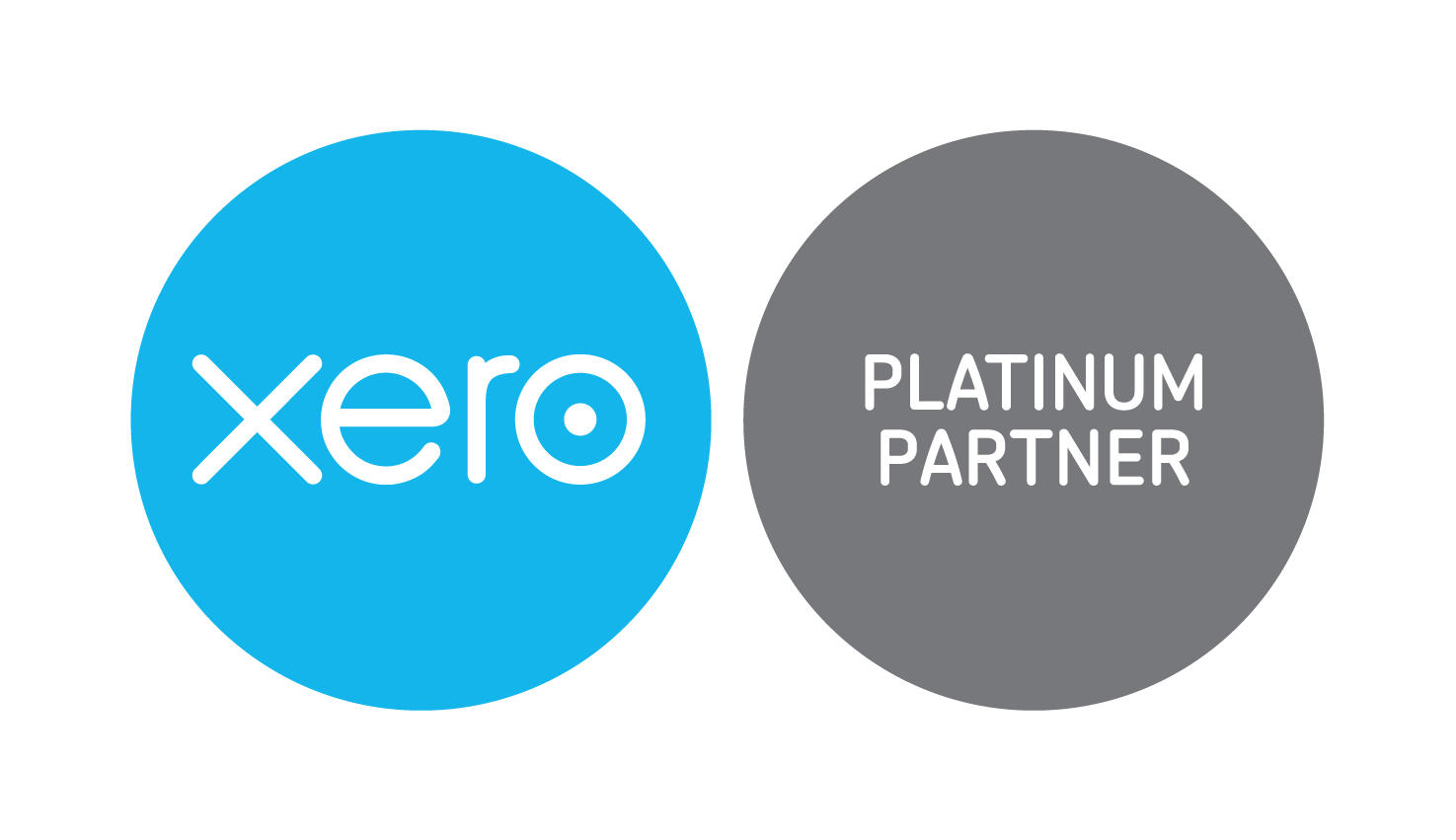Whether you’re thinking about starting a business or questioning your current structure, the right structure for your business impacts more than you realise.
In fact, it can affect certain areas such as legal compliance, minimising your tax payable and even discounts on Capital Gains Tax.

What is a Business Structure?
A business or organizational structure is the type of entity you want to own and determines how it should be run with regards to legalities, amount of tax you pay, responsibilities, procedures, & asset protection.
Your business structure is determined by these key factors:
- Minimisation of Income Tax
- Business Profit Levels
- Assets you may own individually for Asset Protection
- Limited liability
- Family members income levels for flexible trust distributions
- Investment Assets & Capital Gains Tax
What are the types of business structures available?
In Australia, there are four main business structures, each of which has its own rules, responsibilities and taxing points and they are namely the following:
- Sole traders – An individual who works for themselves, but can still employ others
- Partnerships – Several people jointly running a single business
- Companies – A legal entity, separate from owners
- Discretionary Family Trusts – an entity that holds assets or runs a trading business
1. Sole Trader
When you’re a sole trader, you’re the one responsible for your business and maintain complete control of all the decisions.
It’s easy to register for an ABN and is known as the basic entry point of structures, especially if you are starting out as a business.
Compliance is usually minimal and costs are low compared to the other structures.
Benefits of being a Sole Trader include –
- Easy to set up and run
- Subject to conditions but losses can be offset against other incomes. This is subject to Non-Commercial Losses Tests.
- You receive all profits from the business & are taxed on these profits
- Low overhead costs
- You can employ people if your business grows
For small businesses, being a sole trader is ideal however, you’re liable for all debt incurred by the business and your assets are not protected.
Sole Trader Tax
As an individual, your business tax forms part of your personal income tax and is taxed as such. So, as you’re not considered an employee of your own business, you don’t need to have payroll tax or have to contribute to superannuation. It is however advisable to consider contributing to superannuation when and if you can.
One note on tax; all profit from the business falls on you – the sole trader – to pay at your own individual marginal rates.
2. Partnerships
A partnership is when more than one person comes together to create a business and share profits and losses. However, this is not the same as a company, which is a separate legal entity but rather each partner is jointly liable in one way or another.

Some notes to consider in relation to a partnership structure:
- All partners have unlimited liability and the responsibilities are distributed equally.
- Each individual partner is responsible for their own equal distribution of profits in their own individual tax returns, whether a loss or a profit.
Partnership Tax
All partners are required to have their own tax file numbers and are only taxed on their share of the net income received. However, the business is still required to file an annual income tax return, which includes the share of each partner’s profit or loss.
Partners pay a separate tax on their share of the net income they receive.
3. Companies
When your business is registered as a company, it becomes a separate legal entity to its owners, which means that the liability of debt falls on the company entity rather than the shareholders directly.
Some benefits of registering a company include:
- Directors are paid wages/directors fees & can pay themselves dividends if they are shareholders of the business
- Asset protection with limited liability
- More reputable structure
- Company Tax Rate is currently 26%, with further reductions to the rate to come
- Various tax planning strategies can be implemented to minimise tax in an effective and efficient way
As this structure is more complex than that of a partnership or sole trader, there’s more paperwork, and compliance work required.
Companies Tax
A company reports its profits in a company tax return and then pays tax at the company tax rate on those profits, which is currently at 26% for the 2021 tax year.
With the help of Chartered Accountants, a company can benefit from minimising tax by implementing effective tax planning strategies throughout the year.
4. Trust
A trust is a fiduciary relationship in which one party, known as a trustor, gives another party, the trustee, the right to hold title to property or assets for the benefit of a third party, the beneficiary.
In short, a trust comprises a:
- Trustee – a person or entity responsible for assets held
- Trust property – assets held
- Beneficiaries – the person/persons that the trust property benefits
There are different types of trusts, the most common forms are:
- Discretionary – established by a family member and can provide tax benefits or assist in protecting a family’s group assets.
- Unit – Beneficiaries are entitled to an income or property from the trust, in proportion to units owned and shares can be transferred, similar to companies.
- Fixed – Similar to unit trust, however beneficiaries receive a predetermined share of income.
- Bare Trust – Simply put, an individual or company legally owns an asset while the beneficiary benefits the interest from the asset.
Family Trust Tax
Trusts are not taxed as a separate entity and all tax must be reported and distributed separately to the beneficiaries of the trust as per the trust deed and each individual pays tax at their own marginal rates.
The beauty of a trust is that the trustee can pre-determine profit distributions in a flexible, tax efficient manner to suit the family group and spread the burden of tax.

The COADS Way
If you think you’re paying too much tax, feel that your business is growing and needs to be restructured or you’re starting from scratch, COADS Partners can assist.
Every client is unique and we strive to understand your goals, by assessing your:
- Business objectives
- Growth Strategies inline with your current structure
- Income levels
- Profits Levels
- Asset/Investments owned & Asset Protection
- Family Income Levels, for flexible profit distribution or tax planning strategies
In doing so, we can ensure that your assets are protected, you’re not paying too much tax and your current structure is in line with your objectives.
Contact COADS Partners for premium guidance on your next Business Structure.



